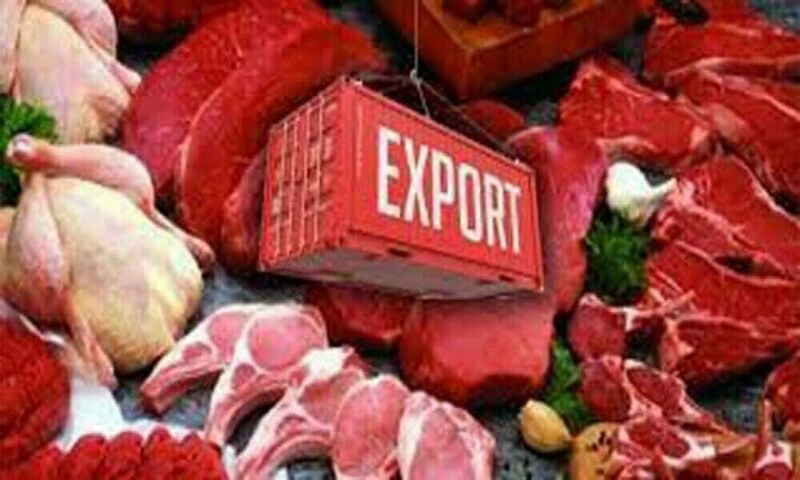LAHORE: Industry insiders are calling for restrictions on meat exports to stabilize domestic prices and strengthen food security, urging the government to modernize Pakistan’s meat supply chain. They recommend replacing the outdated ‘Phatta System’ with hygienic, standards-compliant retail outlets, while also bolstering livestock farming to improve both output and quality.
Amid growing concerns, experts presented compelling figures to underline the urgent need for reform. Pakistan’s meat and edible offal exports have surged from USD14 million in 2003 to a record USD467 million in 2023, reflecting an impressive compound annual growth rate (CAGR) of 18%. In the fiscal year 2023–24, exports climbed further to approximately USD511 million, a 20% year-on-year increase.
At the global level, the halal meat and livestock market is valued at around USD200 billion, while the entire global halal food industry is estimated to be worth between USD2 trillion and USD3 trillion
Dr Mansoor Ahmad, a PhD scholar and meat sector entrepreneur running a beef shop ‘Punjab Beef’ and a restaurant ‘Butchers Stake’, reaffirmed that unchecked exports—without first ensuring domestic demand is met—are a key driver behind rising prices. “We must first assess local demand accurately and only permit the export of surplus quantities. Ensuring the protein needs of our population should be the top priority, not chasing foreign exchange at the expense of food security,” he emphasized.
Dr Mansoor, whose meat supply and retail-and-dining business now spans Lahore, Karachi, and Sargodha, conceived his venture not merely as a food provider but as a provider of a superior dining experience—combines flavor, ambiance, and service.
Despite being an agrarian economy, he lamented, quality meat consumption in Pakistan remains largely confined to Eidul-Azha. He called for training butchers in both Shariah-compliant slaughter methods and modern hygiene standards, urging organization of the currently fragmented market.
His partner Shahzad Younas, who refers to themselves as “meat artisans,” stressed that their cutting techniques prioritize aesthetics while meeting international standards. He highlighted that the global halal meat business represents a multi-billion-rupee opportunity—if Pakistan can harness it properly.
To that end, both experts proposed restructuring the Punjab Food Authority (PFA) into an educational and monitoring body, rather than primarily a revenue-generating institution via fines. Suggestions included a points-based compliance system that penalizes non-compliant outlets by deducting points and imposing suspensions for repeat violations—promoting sustained adherence over one-time punishments.
They also lauded existing training initiatives, such as those conducted by the University of Veterinary and Animal Sciences (UVAS), which have honed butchers capable of representing Pakistan internationally.
Looking ahead, Dr Mansoor revealed plans to expand their enterprise to ten domestic outlets and launch two international branches by 2030. “Our growth trajectory demonstrates strong market acceptance for high-quality, hygienic meat in Pakistan—locally and globally. But to truly realize this opportunity, systemic reforms across the ecosystem are essential,” he concluded.
Copyright Business Recorder, 2025


